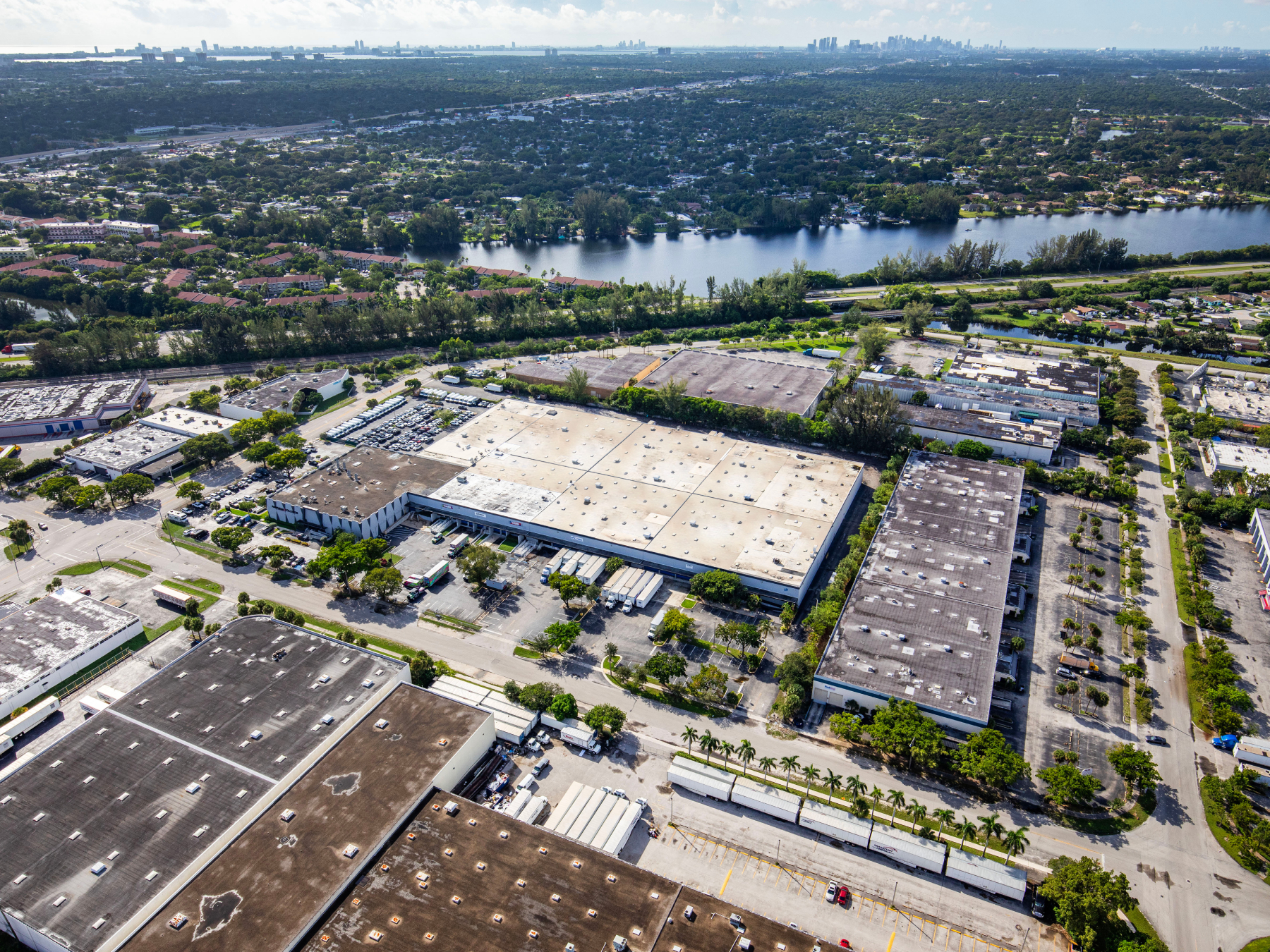CRE Brokers Power Through Decline in Deals
For service firms, slowing volume calls for shifting emphases and a review of business processes.
Multiple factors are weighing on deal and transaction activity in 2023’s commercial real estate markets; rising interest rates, cap rate changes, a bid-ask gap and changing work strategies, among other factors, are contributing to the general slowdown in investment activity, particularly in the office sector. The challenges are unlikely to go away any time soon.
“I think the entire (brokerage) industry is going to experience a smaller pipeline and a slower trajectory and lower volume of deals, predominantly based upon the lack of sale transactions,” commented Jeffrey Rinkov, CEO of Lee & Associates. “Investment in land for development has been significantly slower, which speaks to the uncertainty of costs of construction, financing higher costs of labor and materials and the uncertainty about exit cap rates or development upon completion.”
During the first quarter, commercial real estate sales volume declined 56 percent year-over-year to $85 billion, according to an analysis by MSCI. The total was comparable to the 2015-2019 average of $88 billion, but office sales were especially hard-hit. Central business district office sales were off 77 percent from the long-term average during the first quarter. And for the first time since 2010, pricing in April declined for all commercial asset categories, MSCI reported. Pricing for industrial properties dropped 0.8 percent year-over-year.
“The public markets are telegraphing that there’s a significant disconnect between market expectations and pricing,” said Mark Grinis, leader of the real estate, hospitality and construction practice at Ernst & Young. This difference in opinion of the value of a transaction may be more visible in the public markets than in the private markets, but it remains one of the most prominent challenges, Grinis added.
Contributing to the mismatch is that investors prefer to sell their assets and create liquidity at 2022 cap rates, noted Patrick Luther, co-founder & managing principal of the net lease unit at SRS Real Estate Partners. “If an owner has fixed debt with an expiring term after 2025, those owners are generally cash-flowing, even if they overpaid for what they bought,” Luther said.
Most investors are electing to hold and ride out the cycle than sell now and take a loss, he observed. After a sale, capital would be reinvested at a higher cap rate and the interest rate for the debt portion of the capital stack would be around 6 percent. By contrast, the rate for in-place debt would be in the 3 percent to 4 percent range.
In this climate, maintaining a steady revenue stream will be difficult if leasing and tenant representation volume are below par. “I don’t think any brokerage will be spared this year,” Luther said. “The drop in volume most clearly and quickly impacts brokerage firms that do not cross sell or communicate business lines other than pure sales.”
As is always the case when sales slow down, the capacity to tap into financing sources through long-term relationships is foundational for staying competitive. “Even in a tough market, potential deals will find their way to the brokerage firms,” said Suraj Desai, head of hospitality and capital markets for Black Bear Capital Partners. “The strategy of knowing the right capital source has been a long-term arduous effort that focuses on relationship and trust that we have built.”
New frontiers
Although slower deal activity inflicts pain on advisory services, it also presents opportunities for solving problems and even for improving the company’s position.
“Historically, these times bring about innovative solutions, ideas and opportunities,” observed Juan Bueno, principal & U.S. president for Avison Young. “We continue to see trends of flight to quality in major U.S. markets—a possible indicator that investments toward amenities and property upgrades are attracting employees back to the office.”
Potential strategies range from reinvesting in the business to shifting emphasis to new services and strengthening client relationships. Opportunistic advisory firms will find business in places the company may not have historically engaged in.
“You’re starting to see situations where changes in ownership will influence opportunities for the brokerage community,” Grinis noted. “Ultimately, the brokerage community’s successes are getting on the ‘sell side’ of knowing who’s in ultimate control of the property. And that is kind of a dynamic that is changing.”
Tenants which signed leases a year or two ago may be only now opening for business. In those cases, brokers’ revenue is spread between tenant signings and openings. “That said, most leasing professionals are seeing steady volume on second-generation space due to high construction costs,” Luther noted. “It’s easier for a tenant to remodel or use an existing building than to build new ones, as they can open more quickly and cost-effectively if they can utilize an existing structure.”
As owners and landlords move into problem-solving mode, the property management and leasing side of a broker’s job becomes more important. “Right now, it’s all about the above-and-beyond white-glove service in a down market that will position you for the sale when markets and the cycle improve,” said Luther—a principle that applies to such tasks as lease renewals, obtaining an insurance quote and identifying a new tenant.
Upgrade and reinvest
Continuing to build out distribution, database and marketing tools is also effective. At SRS, enhancing those tools requires servicing and following existing clients, being selective about opening new offices and investing in current staff. Struggling brokers are backstopped with loans or draws while support staff numbers are maintained.
At a time of changing client needs and a volatile market, reinvesting in the business must still be a priority. “While we may be in a slightly lower revenue environment, we’re not decreasing our resources,” said Rinkov. “This is an opportunity to provide better and enhanced resources to make sure that we are involved in cost-efficient spending that will yield benefit for our clients.”
On a micro level, this multi-faceted approach means attending industry events, collaborating with other industry professionals, streamlining workflows and increasing access to data. On the macro level, it’s all about finding ways to continue adding value to clients.
“With an environment where we’re concerned about a looming recession and we’re seeing some softening taking place in rents and some rising vacancies, particularly in the office market, a lot of clients out there are focused in on shoring up the strength of their buildings.” Grinis said. “This is a terrific time to help clients and customers and all your relationships, to find opportunities to build resilience in the portfolios and the assets that they control.”
Talent show
With a slower pace for the brokerage business on the investment side, Rinkov believes the best way to sustain the brokerage business overall is through a strong leasing practice.
“I think our investment agents working with our leasing agents is really going to be the strength of how we can provide great value to clients and help them reposition properties, help them understand where we can provide tenants to increase net operating income, where we can backfill vacant spaces and how we prepare those properties for what will be an evolving and improved market,” Rinkov explained.
For the past several years, the pace of market growth, rental growth and value growth in CRE has been dramatic. Now, the capital and deals that brokerages are sourcing is going to be highly selective. Brokerage talent will be a differentiating tool.
Where there is a return to fundamentals and an examination of what is most important in retaining and growing the brokerage business, there is upside.
“People can focus in on the negative side of the transaction, and certainly it will be challenging for a lot of people, but I think you always have to recognize that there are huge opportunities,” said Grinis. “The way we are changing how we do things, there are a lot of really great opportunities and great disruption that’s happening in the sector.”








You must be logged in to post a comment.